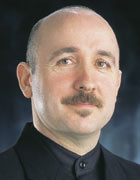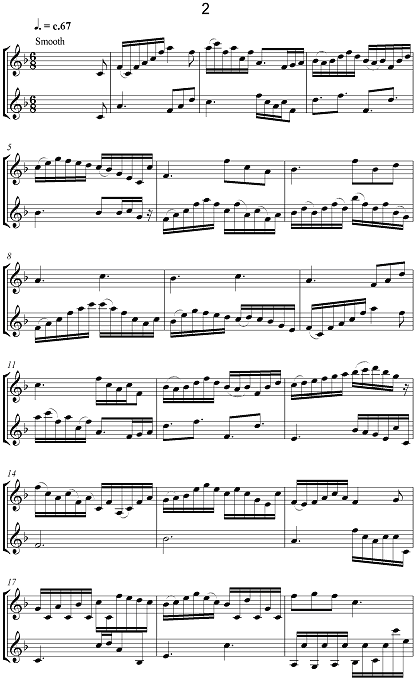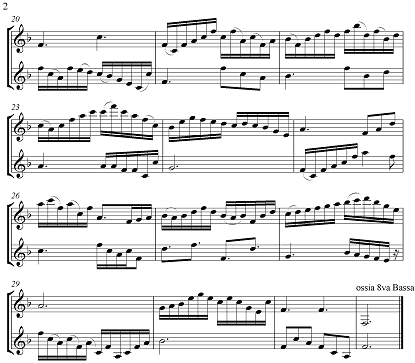Masterclass number 3 - How to practice - by Roger Webster
20-Dec-2004In the third part of his current series of masterclasses, Roger Webster gives you tips on how to improve by practice (something we all need to do more of!).
> Read Masterclass number 1
> Read Masterclass number 2
 How To Practice
How To Practice
All players want to be competent performers. We therefore must look within ourselves for the inhibiting factors that block or hinder our path. Find the answers and move forwards.
A common quote used all too frequently in the performance skills arena is ‘practice makes perfect'. In reality, practice makes permanent, and only proper or correct practice of any chosen pursuit makes perfect.
It is quite reasonable to suggest that your success as a musician is reliant upon what and how you practice.
Therefore it is also reasonable to suggest that the following list contains the elements necessary to facilitate not only adequate playing skills, but adequate (minimum) performance skills.
- PREPARATION 1 (Pre warm-up exercises)
- PREPARATION 2 (WARM-UP, executed with understanding of the basic physiology)
- PRACTICE (Planned and methodical)
- PERFORMANCE PRACTICE (Use of all skills needed for public performance)
- PERFORMANCE (The ultimate aim of the instrumentalist)
Post Warm-up time in practice should be distributed amongst:
- Technique
- Interpretation
- Critical Awareness
- Aural Awareness
- Communication (verbal)
- Improvisation…. (not just jazz)
- Solos
- Pieces (Orchestral, Band examination etc)
The percentage of distribution between these subsections should be governed by the teacher, with a positive emphasis on the lesson being a learning experience not just a teaching exercise.
Two-way communication is vital to ensure that all information is received and understood.
Encouragement rather than total domination is often better, however there are cases for a stricter more dictatorial lesson regime with some students.
- Practice sessions should be methodical and concise.
- They should always include at least one target and should wherever possible be pre planned.
- Practice should only continue for the period that one can remain both mentally and physically alert. This should guarantee that at least some of the work undertaken will be committed to memory.
- Try to make sessions enjoyable…play at least one thing that you enjoy. i.e. brake the link between ‘practice = pain/things I can't do'. Change it to ‘ practice = enjoyment, progress /improvement; a way to make things easier.'
Try to remain focused throughout at least one extended rehearsal session each week. This means no daydreaming, no unnecessary talking, no fidgeting etc., in other words, the same attention given in public performance. This will help to prepare you both physically and mentally for life ‘on stage'.
The need to understand and separate practice from performance practice is essential in preparing the performer for the ultimate goal of public performance.
The need for control and knowledge of physiological understanding and the need for the control and knowledge of causes, manifestations and control mechanisms for the onset of performance anxiety are pre requisites for a successful performer.
High & low, fast & slow, loud & soft, tongued & slurred, scales & intervals, with vibrato (different types and styles) & without vibrato. These plus many more elements should be your constant companions in a well-structured practice routine.
Try recording a practice session (perhaps once each week). Playback, and listen to all elements such as sound, production, articulation etc and be your own critic /teacher.
It is perfectly reasonable to suggest that an individuals results can be (in most cases) directly linked to the amount of informed effort exerted. Therefore I would suggest that the more an individual practices (the correct material/method) the better the results will be.
Regular practice is also an invaluable aid in building concentration, stamina and reading, as well as developing your musical and technical skills.
The following is my attempt at a quasi Arban study in duet form. Pay particular attention to the articulation.


©Dr. Roger B Webster















